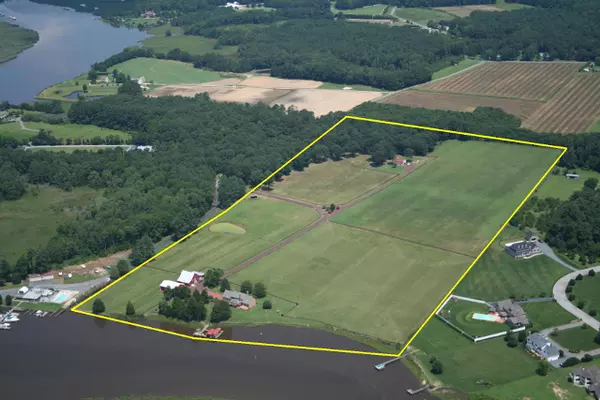Selling an Inherited Property: A Step-by-Step Guide

Selling an inherited property can be both an emotional and complex process. How do you navigate it efficiently while honoring the legacy left behind?
1. Probate: Understanding the Legal Process
In most cases, inherited properties must go through probate—a legal procedure that ensures the deceased's assets are distributed according to their will. If you're named the executor or administrator of the estate, completing the probate process is often required before selling the property.
Tip: Depending on the state and estate value, probate can vary in complexity and duration. Collaborating with a probate attorney and an experienced real estate agent can help you navigate this process more efficiently.
2. Clearing Legal and Financial Obligations
Before selling, any debts or legal obligations tied to the property—such as mortgages, property taxes, or liens—must be settled. A title search ensures the property is free and clear for sale.
Pro Tip: Addressing these obligations early prevents potential delays and keeps the transaction on track.
3. Appraising the Property
Determining the market value of the inherited property is crucial. A professional appraisal provides an accurate estimate of the property’s current value and serves as a foundation for setting the listing price.
Tip: An expert real estate agent with appraisal experience can provide invaluable insights into pricing the property based on market conditions and unique features.
4. Preparing the Property for Sale
Inherited homes may require decluttering, repairs, or updates before being listed. Begin by organizing and removing personal belongings—a task that may be emotional but necessary. Then, consider making updates like fresh paint, landscaping, or addressing structural issues.
Pro Tip: Even minor cosmetic upgrades can significantly increase the home’s appeal to modern buyers.
5. Deciding Whether to Sell As-Is or Renovate
You may need to choose between selling the property as-is or making renovations to increase its value. Selling as-is may be faster, but targeted renovations can often yield higher offers.
Pro Tip: A knowledgeable real estate agent can help you evaluate the costs and potential benefits of renovations to determine the best course of action.
6. Tax Considerations for Inherited Properties
Selling an inherited property comes with tax implications. Fortunately, the “stepped-up basis” rule often applies, meaning the property’s value is adjusted to the fair market value at the time of inheritance, potentially reducing capital gains taxes.
Tip: Consult a tax professional to understand your specific tax obligations and explore strategies for minimizing them.
7. Marketing and Listing the Property
Once the property is ready for sale, it’s time to market it effectively. This involves setting a strategic listing price and leveraging tools like professional photography, virtual tours, and targeted online marketing.
Tip: In competitive markets, exceptional marketing can attract serious buyers and drive stronger offers.
8. Navigating Offers and Negotiations
After listing, offers will begin to come in. An experienced agent will help you evaluate each offer and negotiate favorable terms. Multiple offers may arise in a competitive market, so it’s important to weigh them carefully against your financial goals.
Pro Tip: Pricing the property correctly and preparing it thoroughly can increase your chances of receiving strong offers—even above the asking price.
9. Closing the Sale
The final step is closing the sale. This involves coordinating with escrow services, legal professionals, and the buyer’s agent to finalize the transaction. Be prepared to sign closing documents and transfer ownership of the property.
Tip: Your agent will ensure a smooth closing process, addressing all necessary requirements and paperwork.
Final Thoughts
Selling an inherited property is a multifaceted process, but with the right guidance, it doesn’t have to be overwhelming. By understanding the probate process, preparing the property, and navigating tax and financial considerations, you can achieve a successful sale that honors the legacy of your loved one.
Working with an experienced probate real estate agent can provide you with the expertise and support needed to sell your inherited property for its best possible value.
Categories
Recent Posts










GET MORE INFORMATION

Parisa Samimi
Founder & Real Estate Broker | License ID: 01858122
Founder & Real Estate Broker License ID: 01858122
